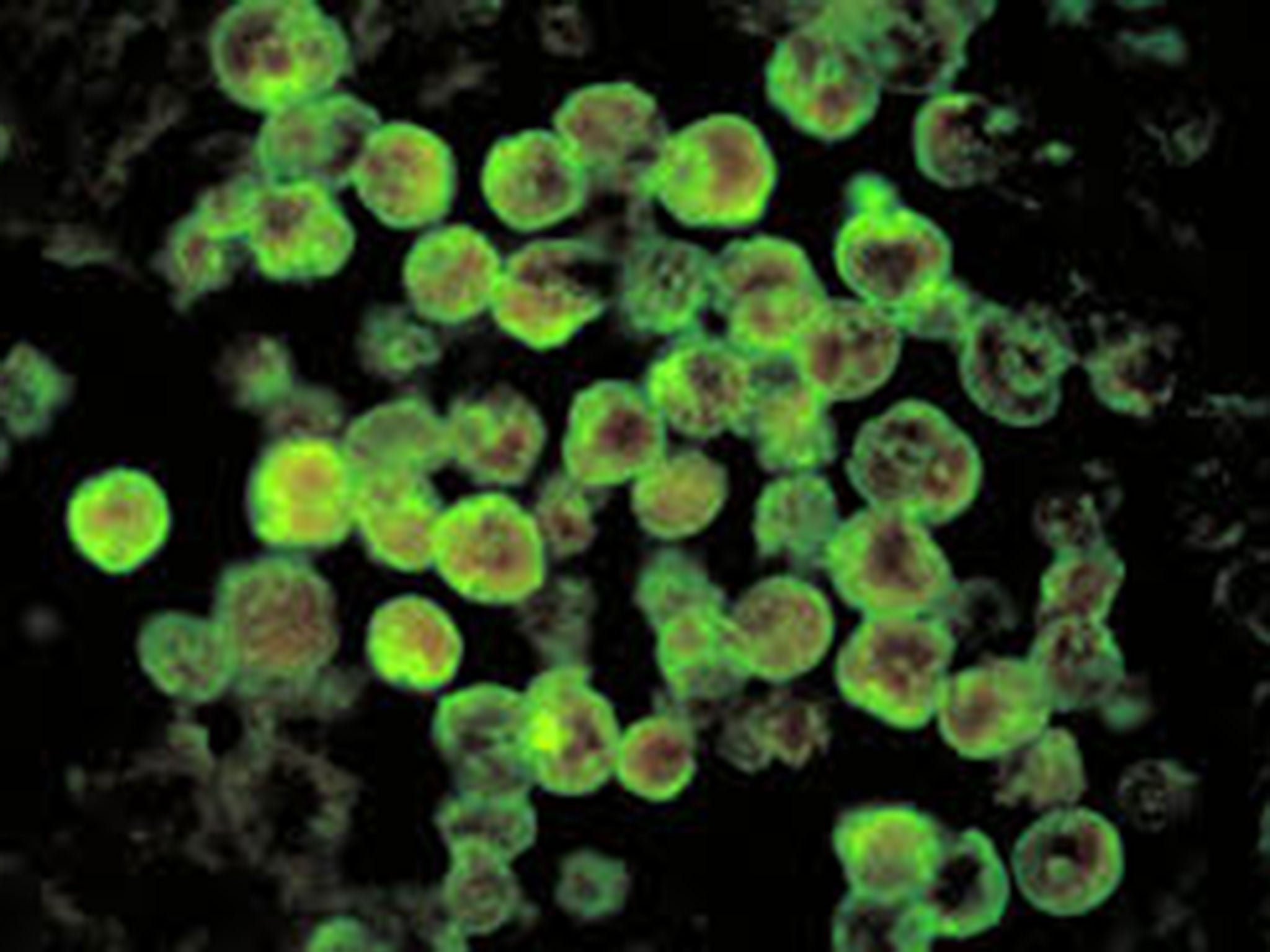Deadly, brain-eating bug discovered in town water supply used by 12,000 people
The Naegleria fowleri amoeba has been detected in a Louisiana water system

Your support helps us to tell the story
From reproductive rights to climate change to Big Tech, The Independent is on the ground when the story is developing. Whether it's investigating the financials of Elon Musk's pro-Trump PAC or producing our latest documentary, 'The A Word', which shines a light on the American women fighting for reproductive rights, we know how important it is to parse out the facts from the messaging.
At such a critical moment in US history, we need reporters on the ground. Your donation allows us to keep sending journalists to speak to both sides of the story.
The Independent is trusted by Americans across the entire political spectrum. And unlike many other quality news outlets, we choose not to lock Americans out of our reporting and analysis with paywalls. We believe quality journalism should be available to everyone, paid for by those who can afford it.
Your support makes all the difference.A rare and deadly amoeba that eats away at brain tissue has been detected in a parish water supply in Louisiana.
The Naegleria fowleri bug was discovered during standard testing by the Louisiana Department of Health and Hospitals (DHH) in a water system used by 12,577 people in the towns of Reserve, Garyville.
The water was found not to have the minimum disinfectant residual level of 0.5 milligrams per litre needed to control the presence of the amoeba.
The bug thrives in untreated fresh water and water heaters and has also been discovered in untreated swimming pools.
Infection usually occurs when the amoeba enters the body through the nose and travels to the brain. It cannot enter the body by people drinking water where the amoeba is present.
The bug causes a rare but deadly brain infection known as primary amebic meningoencephalitis (PAM) that is almost always fatal.
The Centre for Disease Control and Prevention says 132 people have been infected by the bug within the last fifty years. Of these, just three survived.
In July, a nine-year-old girl in Kansas is believed to have died after being infected by the amoeba while swimming in fresh water.
Residents are now being advised not to let the water enter their throat or nose, particularly while bathing or in swimming pools.
Parish President Natalie Robottom said in a statement: “The water, which is now being treated with chlorine, is safe to drink but the infection can pose a risk if it enters the nasal passage”
"The parish Utilities Department is taking immediate actions to fully chlorinate the water system and eliminate the threat."
"As more information becomes available, it will be released to the public."
There are currently no known cases of the illness related to the amoeba’s presence in the water.
Join our commenting forum
Join thought-provoking conversations, follow other Independent readers and see their replies
Comments